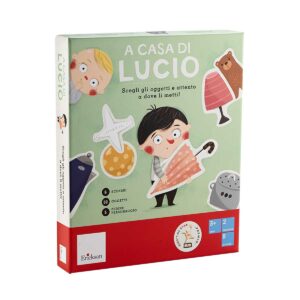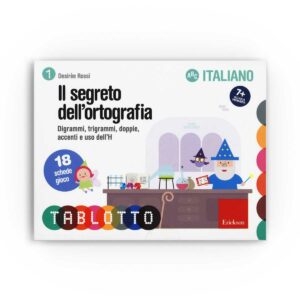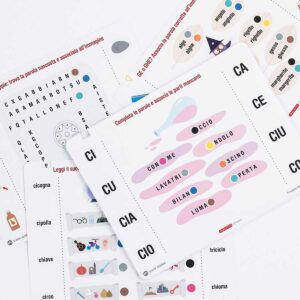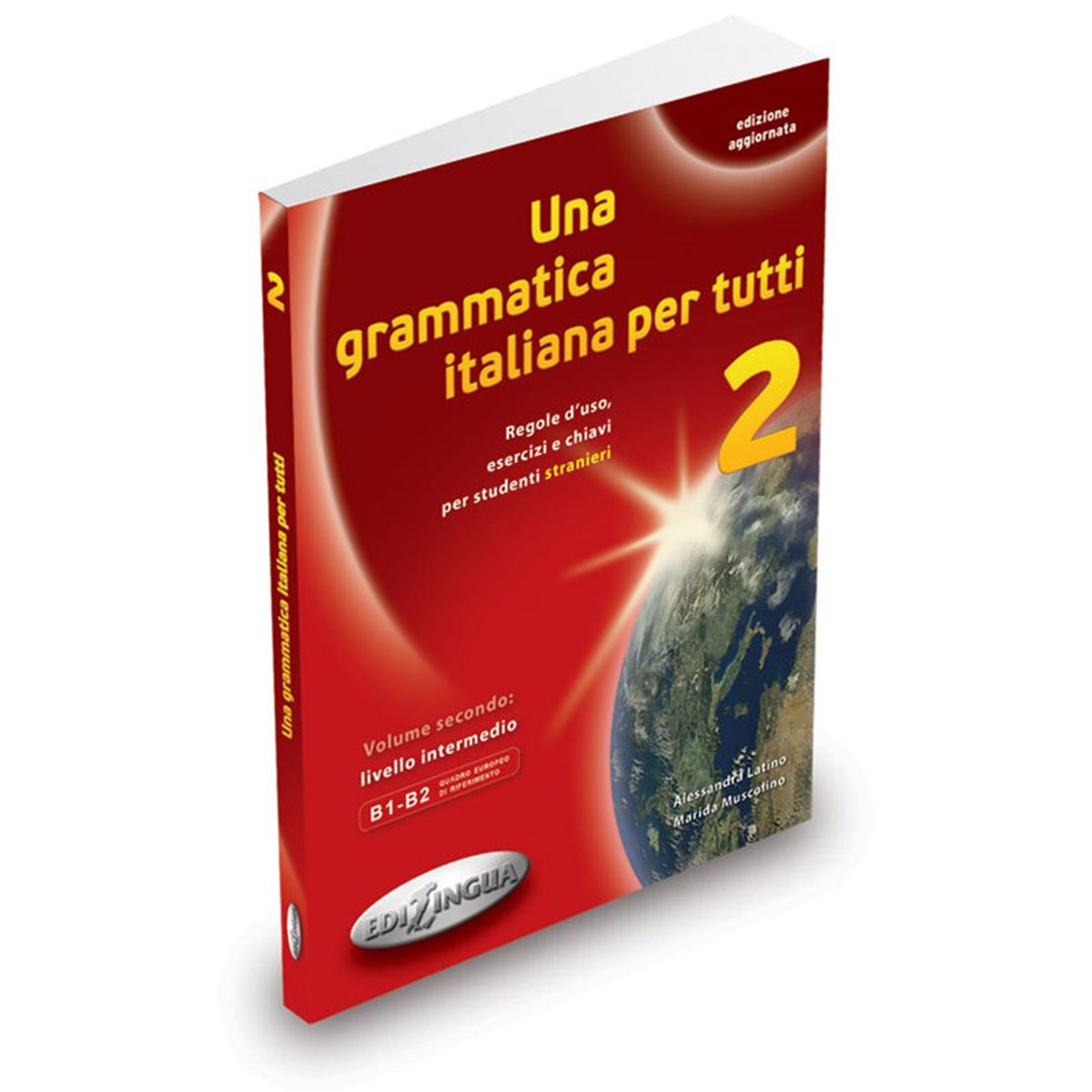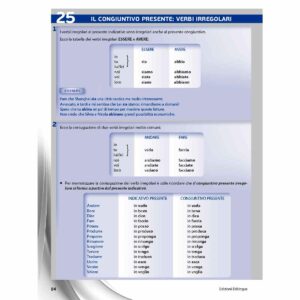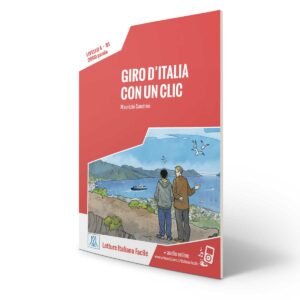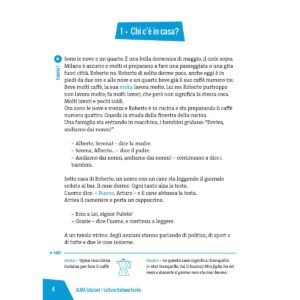When building the passato prossimo in Italian, when you should take essere and when avere? In this article you’ll find a list with 50 verbs which have essere or avere. Passato Prossimo essere o avere? That is the question here!
Passato prossimo ESSERE o AVERE? Introduction
Verbs with an object have the auxiliary verb avere, that is, when you can ask what? or whom? Verbs with an object are called TRANSITIVE verbs, such as fare, vedere, mangiare, bere.
| Emma ha mangiato (what?) una pizza. | Emma ate a pizza. |
| Fiona ha visto (whom?) un ragazzo. | Fiona saw a boy. |
Verbs without an object, called INTRANSITIVE verbs, can in turn have avere or essere.
| Romeo ha dormito ( | Romeo slept on the bed. |
| Bruno è andato ( | Bruno went to the supermarket. |
How am I supposed to know whether an (intransitive) verb has essere or avere? Here we have sorted the verbs by category: Verbs of movement, of change and so on. In this post you’ll find a handy list of 50 intransitive verbs with avere and essere.
Passato prossimo ESSERE o AVERE: lista verbi intransitivi
| AVERE | ||
| dormire | to sleep | ha dormito |
| pranzare | to have lunch | ha pranzato |
| cenare | to have dinner | ha cenato |
| scherzare | to joke | ha scherzato |
| ridere | to laugh | ha riso |
| piangere | to cry | ha pianto |
| nuotare | to swim | ha nuotato |
| camminare | to walk | ha camminato |
| sciare | to ski | ha sciato |
| pattinare | to roll/ice skate | ha pattinato |
| viaggiare | to travel | ha viaggiato |
| passeggiare | to stroll | ha passeggiato |
| russare | to snore | ha russato |
| tossire | to cough | ha tossito |
| starnutire | to sneeze | ha starnutito |
| bussare | to knock | ha bussato |
| abbaiare | to bark | ha abbaiato |
| smettere | to stop, quit | ha smesso |
| sanguinare | to bleed | ha sanguinato |
| chiacchierare | to chat | ha chiacchierato |
| reagire | to react | ha reagito |
| litigare | to argue | ha litigato |
| approfittare | to take advantage | ha approfittato |
| rinunciare | to give up, renounce | ha rinunciato |
| ESSERE | ||
| essere | to be | è stato/a |
| andare | to go | è andato/a |
| venire | to come | è venuto/a |
| tornare | to come back | è tornato/a |
| arrivare | to arrive | è arrivato/a |
| entrare | to enter, go in | è entrato/a |
| uscire | to exit, go out | è uscito/a |
| partire | to depart, leave | è partito/a |
| scadere | to expire, go off | è scaduto/a |
| ingrassare | to gain weight | è ingrassato/a |
| dimagrire | to lose weight | è dimagrito/a |
| nascere | to be born | è nato/a |
| morire | to die | è morto/a |
| rimanere | to stay, remain | è rimasto/a |
| stare | to be, stay | è stato/a |
| restare | to stay, remain | è restato/a |
| durare | to last | è durato/a |
| costare | to cost | è costato/a |
| piacere | to like | è piaciuto/a |
| scomparire | to disappear | è scomparso/a |
| bastare | to be enough | è bastato/a |
| sembrare | to seem | è sembrato/a |
| cadere | to fall | è caduto/a |
| sorgere | to rise | è sorto/a |
| tramontare | to set | è tramonato/a |
| svenire | to faint | è svenuto/a |
Impara di più sul PASSATO PROSSIMO
Structure and use of passato prossimo and important irregular verbs here
Passato Prossimo Essere or Avere? here
List of irregular verbs in passato prossimo here
Interactive flashcards and games with irregular verbs in passato prossimo here
